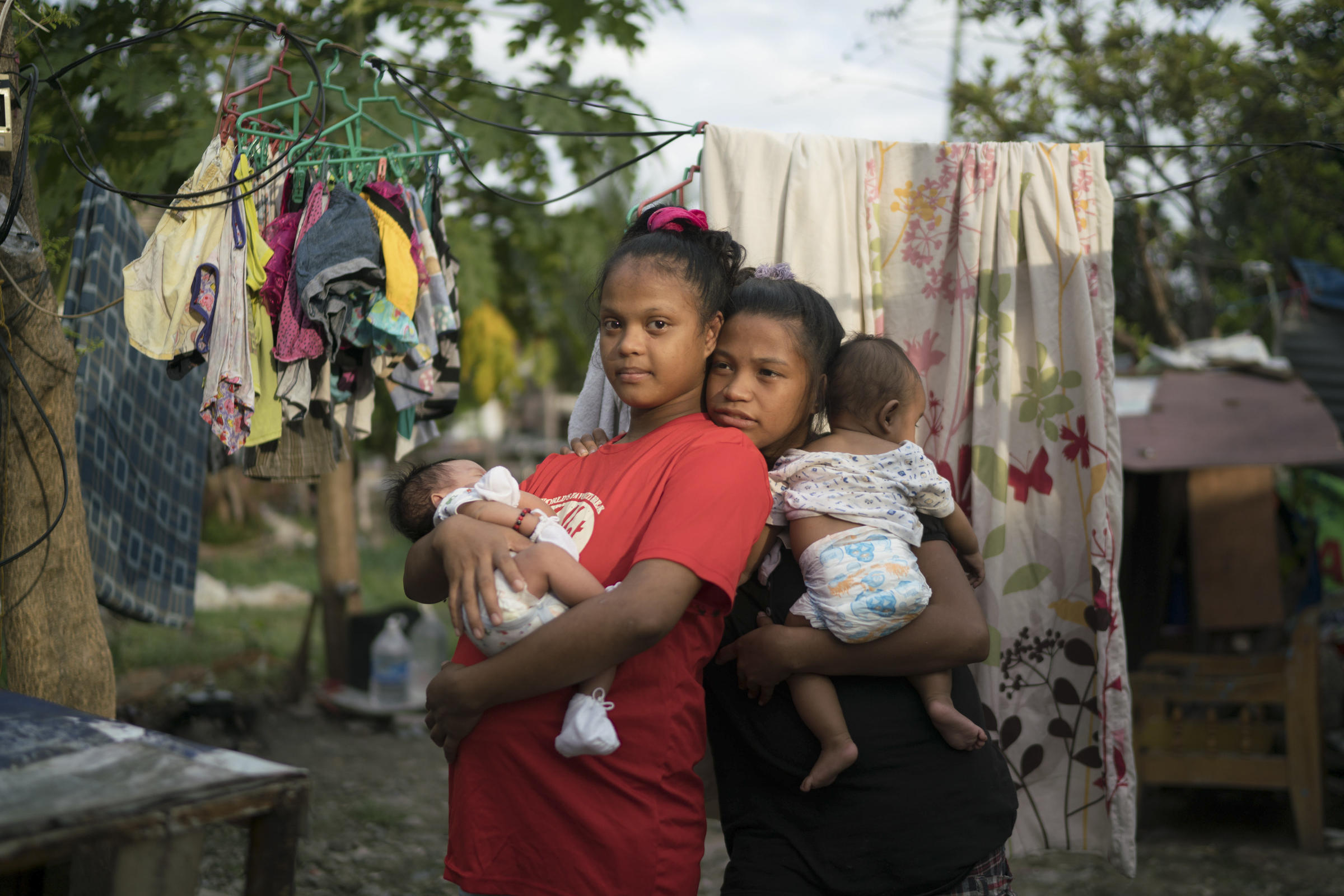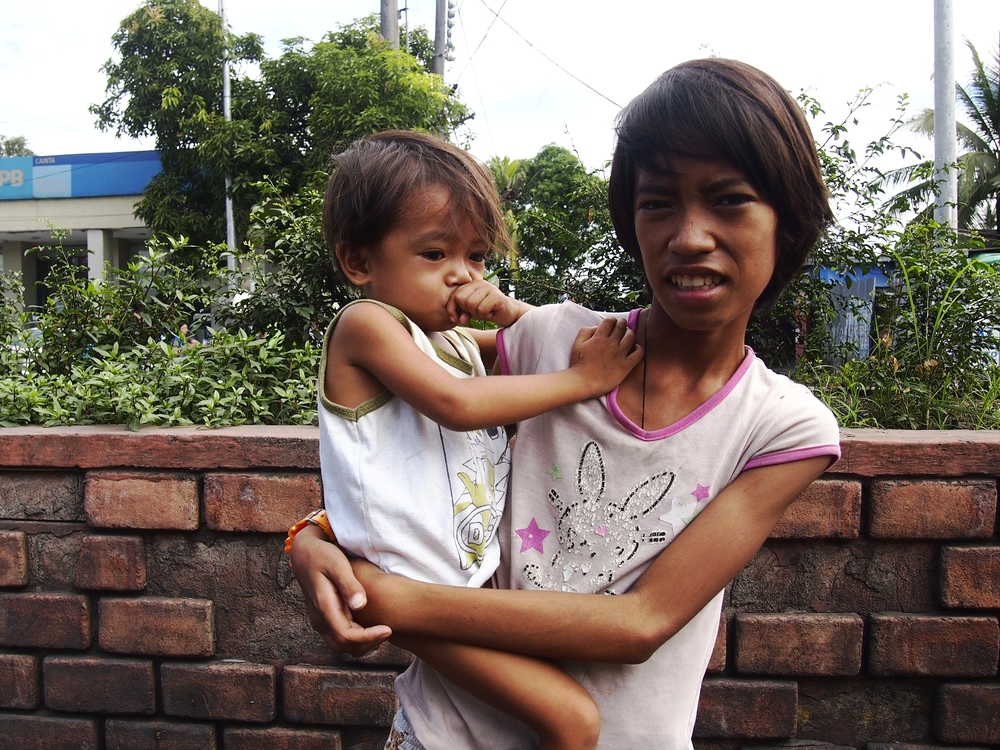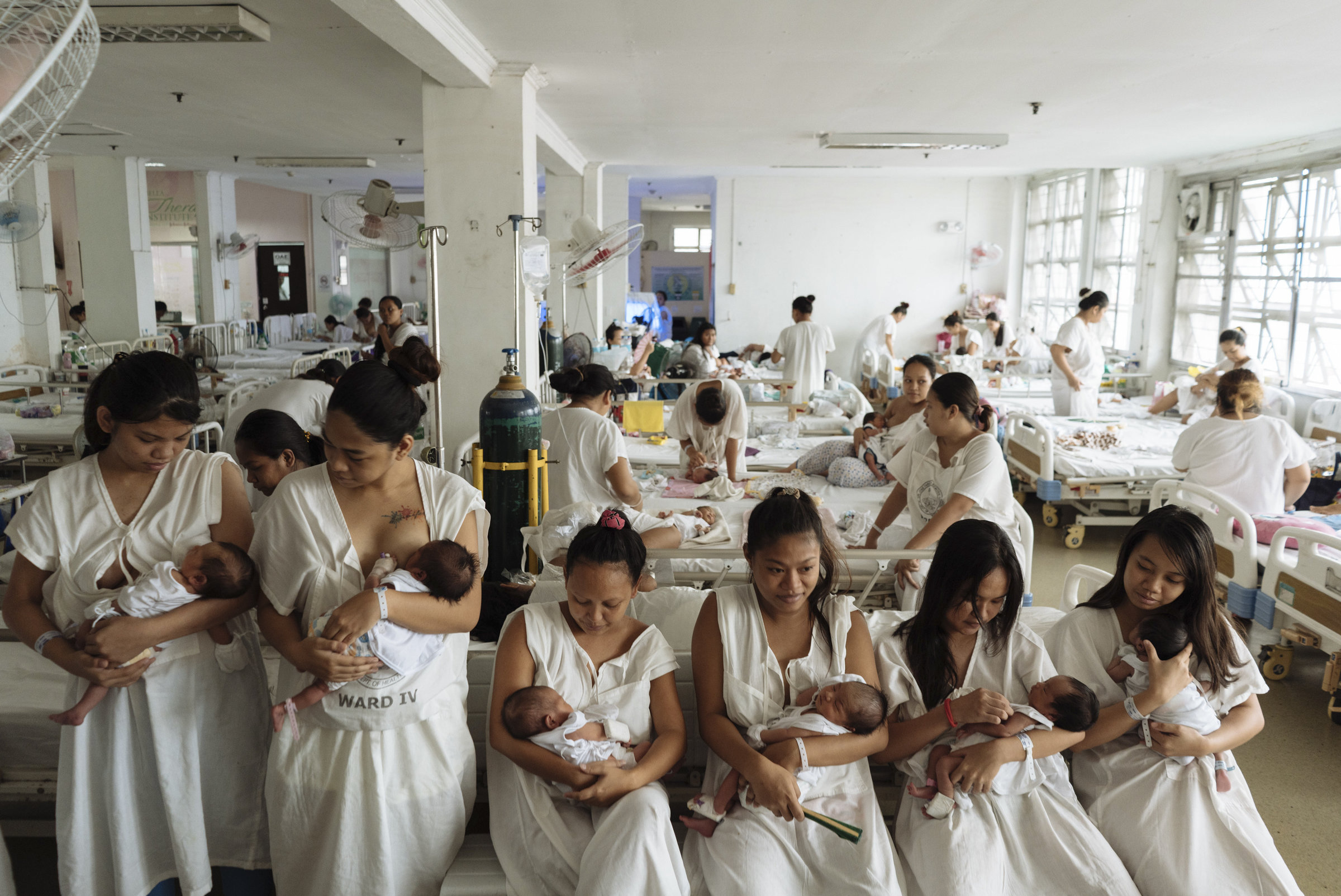When I did my masters thesis on teenage pregnancy in Philippines way back in 2014, the youngest pregnant girl I met was Jhen. She was only 12 years old. I was not able to interview her because her parents did not agree, However, before leaving their house she told me that the father of the child was a neighbour, who was then 16 years old. They were not in a relationship, but the guy promised to marry her when she reached legal age for marriage – which is 18.
The current bill raising the age of consent from 12 to 16 reminded me of this brief encounter with Jhen.
The age of consent in Philippines is lowest in Southeast Asia. It is also one of the second lowest in the world following Nigeria – where the age of consent is 11 years old.
It should be noted that age of consent is different from age of marriage. In some instances, children as young as nine years old can be married off by their families. In child marriages, laws vary on the age wherein sexual relations can begin. Generally, girls who marry as children live a disadvantaged life. They will drop out of school (also less chance to return and continue), are more likely to have pregnancy and birth-related complications and mortality and are likely to give birth to more children than women who marry older.

15 year old Rose Ann (right) and 17 year old Ros Jane (left) are seen with their babies in the neighborhood where they live in Manila, Philippines. The Philippines has one of the highest rates of teen pregnancy in the region, with approximately 200,000 Filipino teens getting pregnant each year. 1 in 10 Filipino girls between 15-19 is already a mother, or pregnant. Abortion is still illegal in the country, and minors need to have parental consent for contraceptives. The age of consent is 12, one of the lowest globally.
Abortion is still illegal in the country, and minors need to have parental consent for contraceptives. The age of consent is 12, one of the lowest globally.
Earlier this month, Philippine senators proposed a bill seeking to raise the age of consent to 16. It passed the second reading and will most likely be approved as law by the end of this year. There are two main reasons on why the passing of this bill should be called for.
First, the Philippine Commission on Population and Development (PopCom) reported this year that around 40 to 50 girls between the ages of 10 to 14 give birth every week. That equates to around 2,600 young girls who get pregnant each year.
Lawmakers and women’s organisations argue that raising the age of consent will help decrease teenage pregnancies because sexual activity with individuals below 16 will be qualified as statutory rape. Second, the COVID-19 pandemic has made children more vulnerable to sexual abuse and exploitation. Salinlahi Alliance for Chidren’s Concerns makes the salient point that: “A 12-year-old child cannot in any way properly discern abuse and consequently cannot adequately defend herself or himself from such.” Higher age of consent will therefore help protect Filipino children from sexual predators who might approach them in person and online.
While the protection of children from sexual offenders is a huge step, there is also a need to examine other factors leading to sexual abuse and pregnancies.
As long as romantic and sexual relations among young Filipinos remains a taboo topic, early pregnancies will continue at shockingly high levels.
To be more specific, as long as romantic and sexual relations among young Filipinos remains a taboo topic, early pregnancies will continue at shockingly high levels. Institutions – school and families – should work together to explain to children and young people the concepts of good and bad touch, safe sex, and the long-term impacts of early parenthood to both the parents and children. Providing space for such conversations and perspectives about their future will help young people broaden their horizons. We need children to develop critical thinking and not just follow the “don’t have sex and you will be okay” mindset.

Secondly, there is a need to revisit how religious institutions influence the decisions of Filipino families regarding early pregnancies and in effect the child’s consent to the sexual act. For the case of Jhen, her parents most probably did not ask how she got pregnant. How did she consent? What if it is a case of rape? If it is the latter, what could they do? As controversial as it may seem, it is probably time to once again think about the accessibility of abortion in Philippines. Not continuing the pregnancy should also be seen as way to protect the future of Filipino children.
Young boys (aged 12-18) shared that they learn about sex through pornographic sites. Young girls, on the other hand, learn about sex from their boyfriends.
In my fieldwork for my thesis, young boys (aged 12-18) shared that they learn about sex through pornographic sites. Young girls, on the other hand, learn about sex from their boyfriends. As young boys are more influenced by pornographic fantasies and unrealistic sexual encounters, there is a need to dissect these ideas and converse about romance and sexuality in a healthier way.
To equip both young girls and boys with scientific and healthy sexual knowledge and to trust them that they will make logical decisions for themselves and their future, should also be part of the objectives of the older generation.
Veronica L. Gregorio is a PhD Candidate from the Department of Sociology, National University of Singapore. Her thematic research interests are rural transformation, gender and sexuality, youth, and family relations while her regional focus is Southeast Asia, particularly Philippines, Malaysia, and Singapore.




